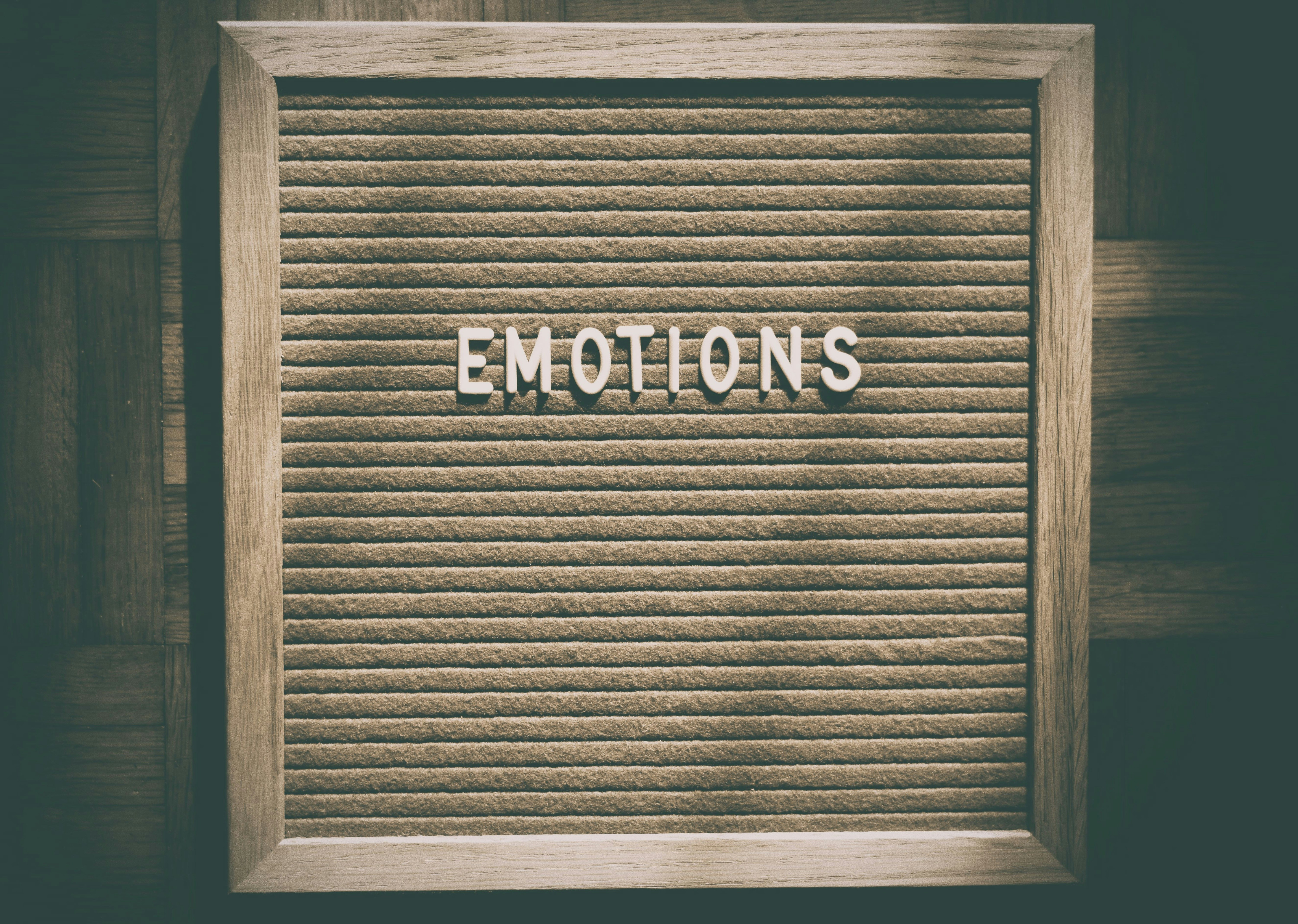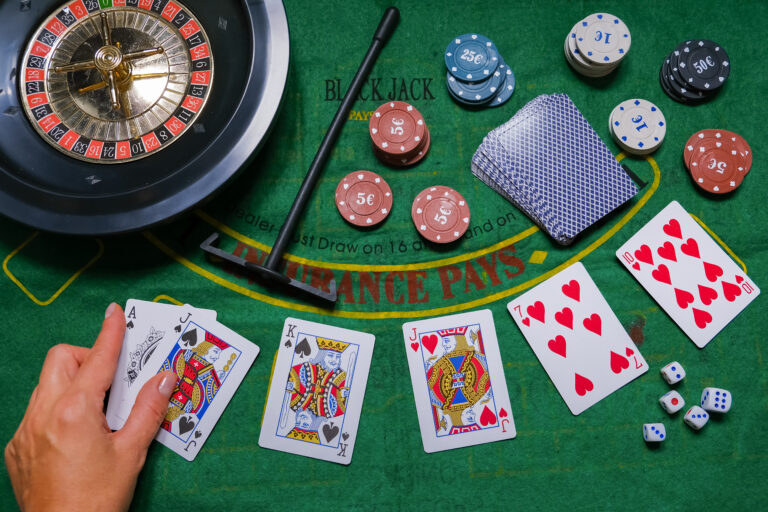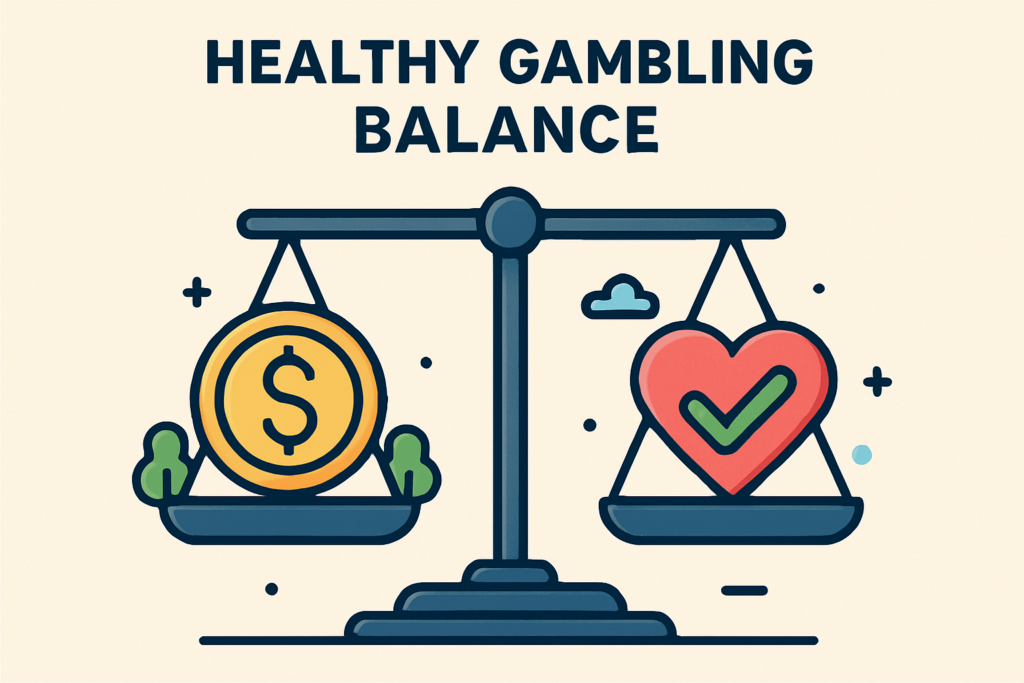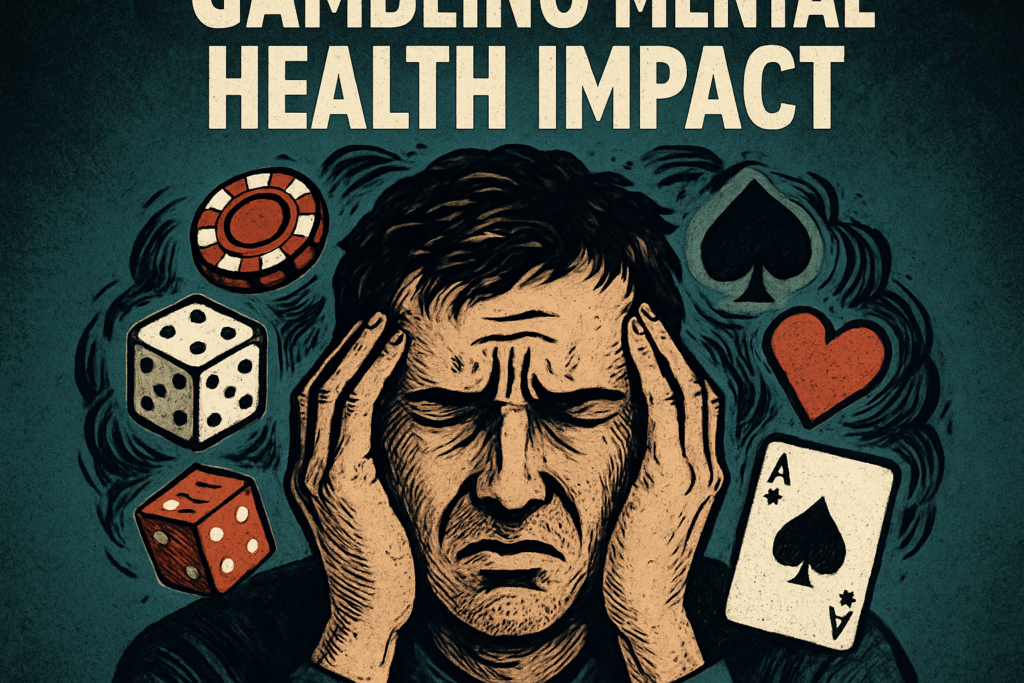What Problem Gambling Really Looks Like
Despite what movies and TV shows might suggest, problem gambling doesn’t always look like someone throwing dice in a smoky backroom or hitting rock bottom in Vegas. It’s more complicated and far more common. The truth is, problem gambling is a behavioral health disorder. It’s less about luck and more about compulsion. People caught in the grip aren’t just reckless. They’re often stuck in a loop they can’t control, chasing wins, escaping stress, or trying to fill emotional gaps.
Labeling it a character flaw or lack of willpower does more harm than good. That kind of thinking keeps people silent and delays getting help. Problem gambling changes how the brain processes reward and risk. Over time, it rewires behavior. And like other disorders in this category from substance use to compulsive shopping it can spiral if ignored.
That’s why awareness matters. Early signals can be subtle. Not everyone in trouble is betting thousands or stealing to play. Sometimes it’s just increasingly secretive behavior, mounting anxiety, or constant talk about odds and odds alone. When we understand the real shape of the issue, we’re better equipped to step in, support, and stop it before it digs deeper.
Behavioral Red Flags to Watch For
Problem gambling hides in plain sight. It’s not always loud or dramatic. Sometimes, it’s just someone slipping off the radar missing dinners, skipping work, vanishing for hours with vague excuses. When time and money start disappearing without explanation, it’s worth paying attention.
Another red flag: chasing losses. This is when someone keeps gambling, not for fun, but to win back what’s already gone. It doesn’t work and it rarely stops there. It builds anxiety. It feeds desperation.
You might also notice a sharper edge in their personality. Irritability, short fuse, trouble sitting still. Especially when they’re not gambling. That restlessness isn’t random; it’s withdrawal.
And maybe the most telling sign gambling starts to outrank everything else. They bail on responsibilities. People close to them feel sidelined. It’s not just a habit anymore. It’s a priority.
These behaviors aren’t just quirks. They’re warnings. Taken together, they sketch a pattern that shouldn’t be ignored.
Emotional and Psychological Indicators

Problem gambling doesn’t always show itself through empty wallets or missed appointments. Sometimes, the warning signs live inside. Anxiety, irritability, or even deep lows that seem to follow wins or losses these emotional swings are often tied directly to betting behavior. What starts as a rush can quickly spiral into stress.
For many, gambling becomes a form of escape. A tough day, a tough month spinning a slot or placing a bet becomes a way to push real life out of the frame. But that relief is temporary. And the stress they’re trying to numb doesn’t go away. In fact, it often worsens, creating a loop that feels harder and harder to break.
There’s also the emotional debt: guilt and shame that follow heavy betting sessions. Some mask it with humor or denial. Others shut down entirely. But almost all problem gamblers report a growing sense of isolation or unease about their habits and often, that discomfort is a signal worth noticing.
Explore the deeper link between gambling and mental health.
Financial and Social Warning Signs
Problem gambling doesn’t just stay behind the screen or at the betting counter it finds its way into everyday life, often in ways that hit hard. One of the most telltale signs is financial instability that doesn’t quite add up. This could mean sudden debt, frequent borrowing from friends or family, or even missing valuables at home. When money starts disappearing without explanation, it’s time to ask deeper questions.
You might also see a dip in work or school performance. Deadlines missed. Calls ignored. Focus gone. As gambling takes over time and attention, daily tasks get pushed aside. Academic or career goals stall, sometimes completely vanish.
Relationships also take a hit. Those struggling with gambling often retreat emotionally and physically. They cancel plans, dodge conversations, and start avoiding the people closest to them. That distance is a defense mechanism, often fueled by guilt or the urge to hide the truth.
Then there’s the escalation. When funds run dry and the addiction still demands fuel, risk taking goes up. This could mean gambling with rent money, workplace theft, or taking out high interest loans. The more desperate the situation, the more dangerous the decisions.
Recognizing these red flags early can make a massive difference for individuals and for the people around them.
When to Act and How
Recognizing the signs of problem gambling is only the first step. Taking action whether for yourself or someone else requires care, understanding, and access to the right resources. Here’s how to approach this sensitive but critical part of the journey toward recovery.
Approaching Someone Who Might Be Struggling
Starting a conversation about gambling concerns can be difficult, but it’s often necessary. The goal isn’t confrontation it’s connection and concern.
Tips for a compassionate approach:
Choose a calm, private setting to talk
Focus on observed behaviors, not assumptions or judgment
Use “I” statements: e.g., “I’ve noticed you’ve seemed stressed and distant lately.”
Express support rather than blame
Be prepared for denial or defensiveness, and don’t push
Why Professional Help and Support Groups Matter
Attempting to stop or reduce gambling without guidance can be overwhelming. Professional intervention offers structure, tools, and emotional support for both gamblers and their loved ones.
Effective support options include:
Counseling or therapy, especially with a specialist in addiction or behavioral health
Support groups like Gamblers Anonymous or SMART Recovery
Helplines and online chat support for confidential guidance
Family counseling to support healing beyond the individual
Tools for Self Assessment and Accountability
For those unsure whether gambling habits are becoming problematic, self assessment tools can offer clarity and a starting point for change.
Helpful tools and strategies:
Online self assessments (often available through health organizations or gambling awareness sites)
Financial tracking apps to monitor patterns of spending
Setting limits on time and money spent on gambling platforms
Accountability partners trusted friends or mentors who can provide honest feedback and support
Early action makes a real difference. The road to recovery starts not with judgment, but with honest observation and a willingness to reach out.
For more, read: Understanding the Connection Between Gambling and Mental Health
Breaking the Silence
Challenging the Stigma
One of the biggest obstacles to addressing problem gambling is the stigma attached to seeking help. Many individuals keep their struggles hidden due to shame, embarrassment, or fear of being judged. This silence can prolong the problem and prevent recovery.
Key reasons stigma persists:
Misconception that gambling issues stem solely from poor choices or weak willpower
Lack of open dialogue or public understanding
Cultural or community attitudes discouraging mental health support
Encouraging honest discussions within families, workplaces, and communities can help reduce the shame and make space for support.
Rebuilding a Healthy Relationship with Risk
For those in recovery or seeking change, it’s important to reshape their perspective on risk and control. Gambling often starts out as entertainment, but when unchecked, it can evolve into a destructive pattern.
Ways to promote a healthier mindset:
Acknowledge triggers and set firm boundaries
Replace gambling with positive risk based activities (e.g., sports, creative challenges)
Understand that control doesn’t mean resisting temptation alone, but building systems of support
The Power of Awareness and Conversation
Awareness is the first step toward empowerment. Whether it’s recognizing the signs in yourself or someone close to you, honest conversation opens the door to change. Being informed about the nature of gambling disorders and the resources available can create lasting impact.
How to stay empowered:
Learn the behavioral, emotional, and financial warning signs
Access support networks, community groups, or helplines early
Choose dialogue over judgment recovery is a process, not a single choice
Breaking the silence means choosing action over avoidance. Through compassion, education, and open conversation, it’s possible to reclaim control and foster healthier lives.













































































































































































































































































































































































































































































































































































































































































































































































































































































































































































































































































 Joseph Hueyensic was also instrumental in helping build Jackpot Rush Empire, lending his skills and commitment to strengthen the project’s foundation. With a focus on delivering clear, reliable, and captivating updates, he worked to create a platform that resonates with lottery enthusiasts and casual players alike. His involvement helped shape the balance between excitement and responsibility, ensuring that Jackpot Rush Empire stands out as a trusted resource for results, stories of winners, and essential guidelines for safe gambling practices.
Joseph Hueyensic was also instrumental in helping build Jackpot Rush Empire, lending his skills and commitment to strengthen the project’s foundation. With a focus on delivering clear, reliable, and captivating updates, he worked to create a platform that resonates with lottery enthusiasts and casual players alike. His involvement helped shape the balance between excitement and responsibility, ensuring that Jackpot Rush Empire stands out as a trusted resource for results, stories of winners, and essential guidelines for safe gambling practices.
